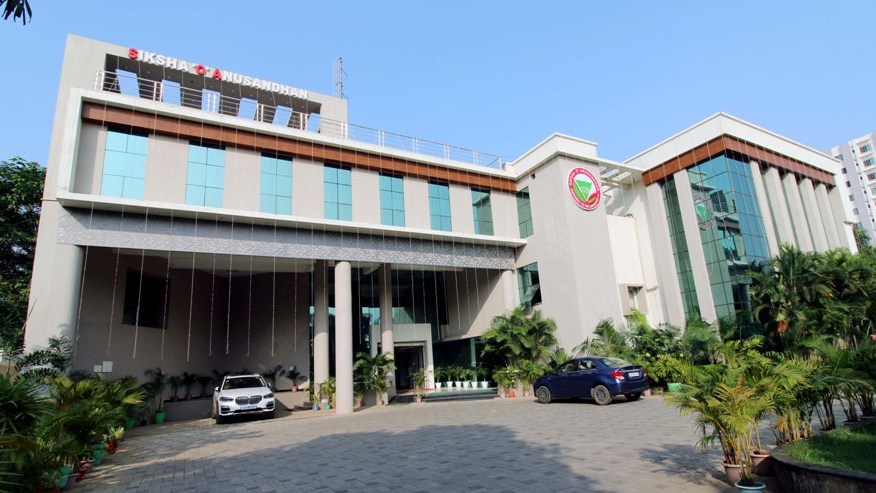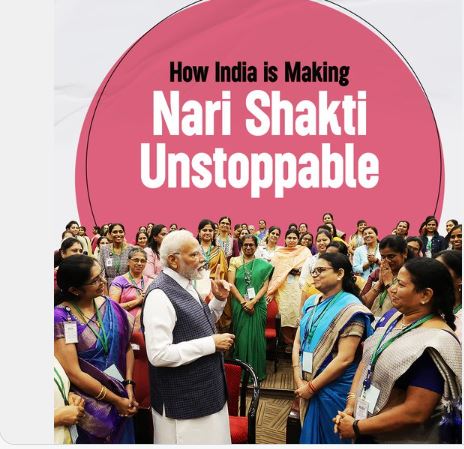Taliban has embarked on Pakistani project on Kashmir

By Arun Joshi The Taliban has spoken of Kashmir and pledged to raise its voice for “Muslims in Kashmir”. These words have the potential to boost the Taliban-type thinking in the younger generation in the Valley, that’s the real danger even when it is almost impossible for the Taliban to direct its fighters toward Kashmir because of its own internal condition and the quest for recognition by the international community. But the psychological impact of these statements cannot be undermined, especially when Pakistan has made an issue about the death and the quiet burial of the senior-most separatist leader Syed Ali Shah Geelani and blamed Delhi for all this. These were the most feared words that Delhi had been hoping the Taliban would not speak because, for long, the impact of the Taliban victory in Afghanistan on Kashmir was in security and political discourse. Now when the Taliban has stated that it would raise its voice for the Muslims in Kashmir., it is rife with several connotations and all of which, individually and collectively, have the potential to leave a psychological imprint on the minds of the people in the Valley who have witnessed the armed militancy for the past over three decades and watched the Afghan developments quite closely. In an interview with BBC, the Taliban spokesperson of political office in Qatar Suhail Shaheen said “ We have this right, being Muslims, to raise our voice for Muslims in Kashmir, India and any other country.” Alongside he made another comment: We will raise our voice and say that Muslims are your own people, your own citizens. They are entitled to equal rights under your laws.” What do these words imply? That there is something that Kashmiri Muslims want to say, and for which Taliban has lent them a sense of Muslim solidarity to amplify the same. There are other connotations as well; the Taliban would not stay silent over whatever the Muslims in the Valley want. The problem with these remarks, as is also with that of Pakistan, is that this is not the holistic view of the Muslim community in Kashmir. A majority of the population in Kashmir is sick of violence and wants to live in peace and progress with the times in lockstep with the world. They are aware that what dark face the Taliban represents and want to avoid, rather hate, the ways with which Taliban is curbing the rights of the women in Afghanistan. They detest Taliban and its violent means, but there are few sections that have drawn vicarious pleasure out of the Taliban victory in Afghanistan. The Taliban has used Pakistani vocabulary on this issue. Pakistan speaks of the Muslims as victims of the Indian system. It has ratcheted up this rhetoric in the aftermath of August 5, 2019 decisions when the Government of India removed Article 370 and Article 35 A, which provided special status and exclusive privileges to the permanent residents of the erstwhile state of Jammu and Kashmir that now stands divided into two federally administered union territories of Ladakh and J&K. Because of the mid-August developments in Afghanistan, when Taliban took over the control of the country with the fall of Kabul on August 15, the Taliban is seen as a potent force that can make the superpowers to flee. Few sections of Kashmiri Muslims have rejoiced the Taliban victory on social media. One of the major mainstream leaders and former Chief Minister Mehbooba Mufti had asked Delhi to draw necessary lessons from what happened in Afghanistan where a superpower like America was made to quit the land. Her pela was that if the Government of India doesn’t initiate dialogue with the stakeholders in Kashmir in time, then it might run out of time, the consequences of which would not wait to visit it. Hers was a sober suggestion, but the volatility of the younger minds is more troubling. They have different perceptions about the Taliban. They see macho image of the Taliban fighters and have drawn comparison between their situation and that of Afghanistan. These comparisons are far from reality, but the teenage psychology is not bound by the rationality and reality. It transcends all these barriers. The reality is that these are the young men who are sustaining whatever remains of militancy in Kashmir. The younger generation in Kashmir is well versed with the international affairs, for they have learned lessons about the conflict situation in their own homes, neighbhourhood and they have connected the presence of troops and their own militancy with that of the Palestine. Now, they see Taliban as new symbols of successful insurgency. They have lost the distinction between terrorism and the insurgency , nor they care about what is being done for them by the Government. The aspirational class among Kashmiri youth and children often get overwhelmed by the new narratives and the situations that emerge in the world. With the Taliban having said what it has stated about Kashmir, there is an urgent need to neutralize Taliban influence, which is more psychological in nature than physical. There is no doubt that there are some who are enamoured of Taliban in Kashmir. This should be a matter of concern if Taliban narrative builds up in Kashmir, it would be setting a new ground for the resistance in the Valley, which may not be visible as of today, but it has the potential to impact tomorrow of Kashmir. About the Author: Arun Joshi is a senior journalist based in J&K. He has worked with Hindustan Times, Times of India, Indian Express, and The Tribune. He has authored “ Eyewitness Kashmir: Teetering on Nuclear War” and three other books. DISCLAIMER This is the personal opinion of the author. The views expressed in this write up have nothing to do with it.
Latest News

Private Bus services resume across Odisha toda...
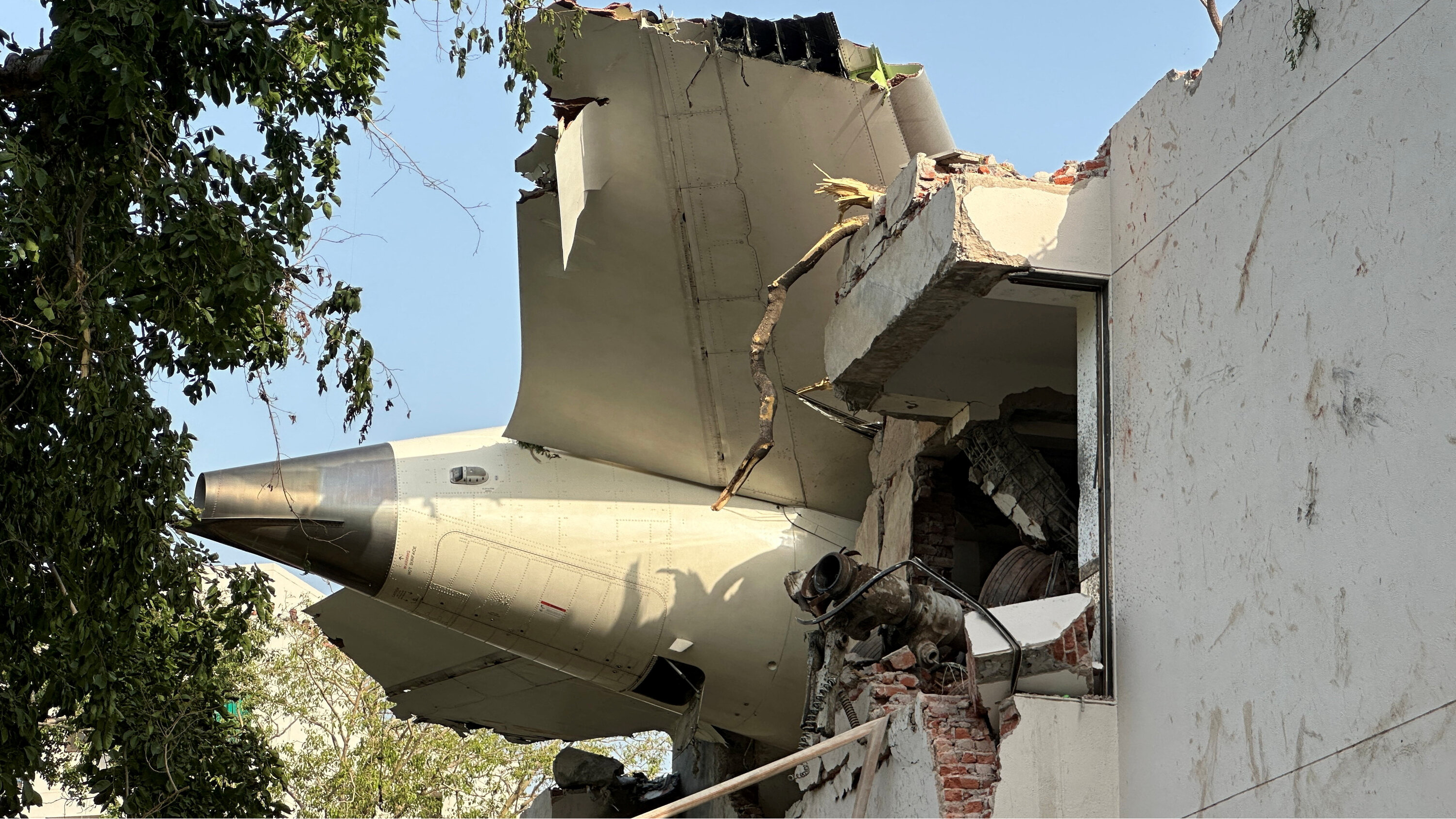
Air India Crash: 'Why Did You Cutoff?' Reveals...

KL Rahul Stands Firm with Unbeaten 53 as India...
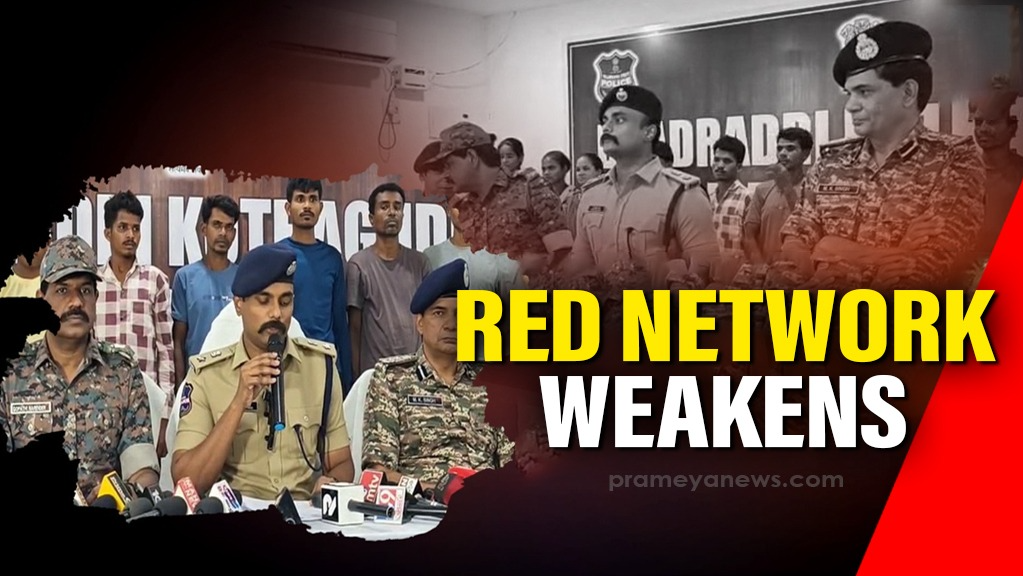
22 Maoist cadres surrender before security fo...
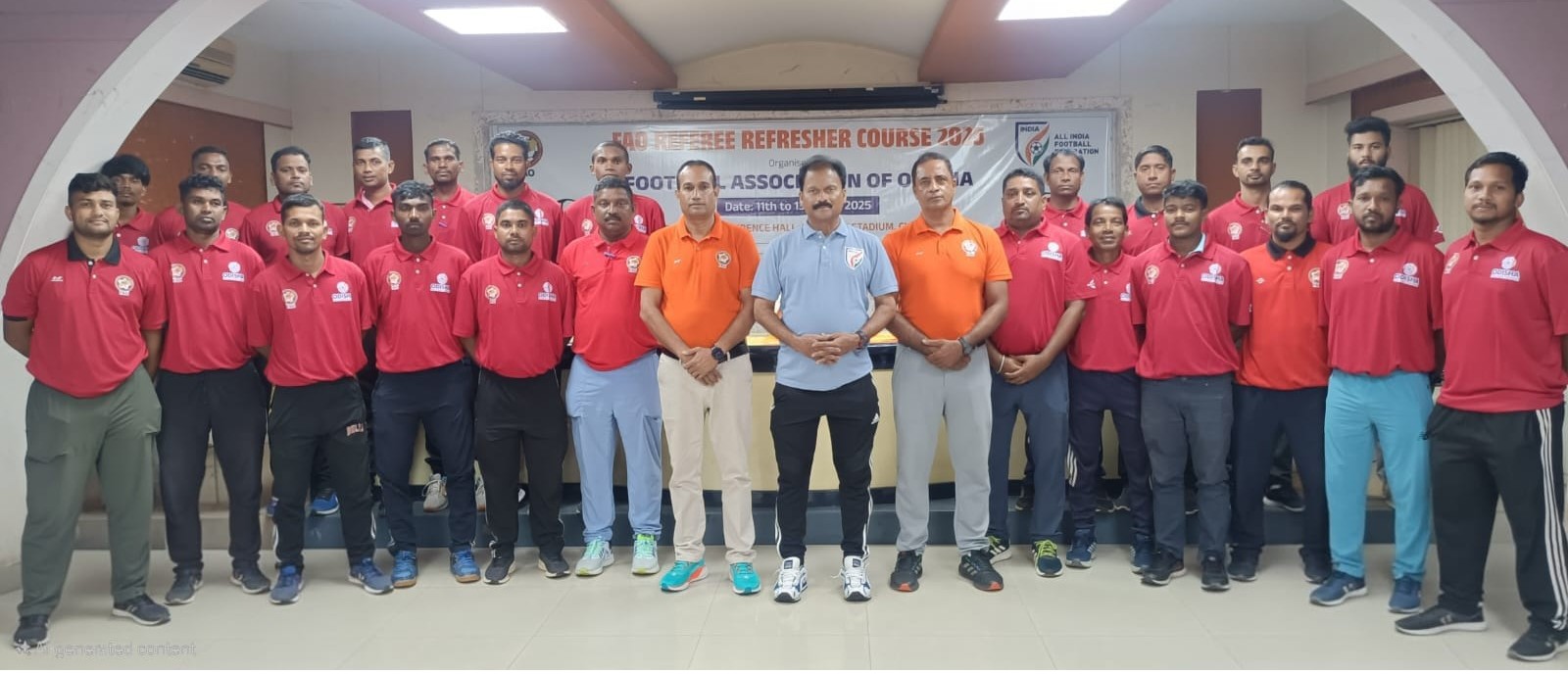
Football Referee Refresher Course held
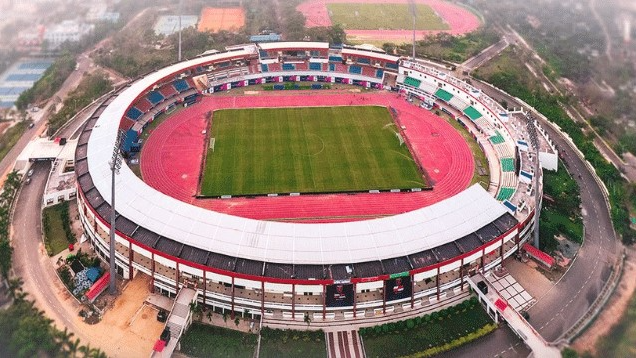
Kalinga Stadium re certification to be held fo...

Second Quake in Two Days: 3.7 Magnitude Tremor...
Copyright © 2024 - Summa Real Media Private Limited. All Rights Reserved.









